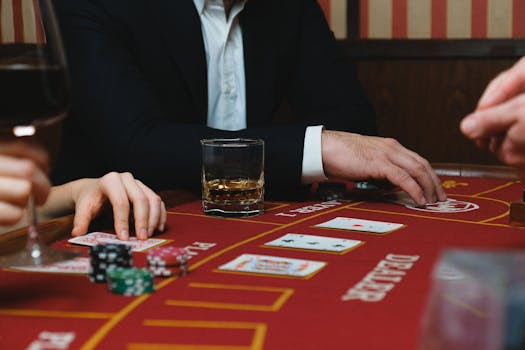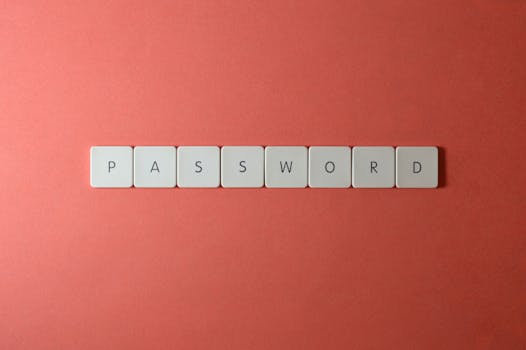Understanding the Psychological Triggers of Problem Gambling
Main Keyword: Psychological Triggers of Problem Gambling
Introduction
Problem gambling, also known as compulsive gambling, is a significant issue that touches various aspects of an individual’s life, affecting mental health, financial stability, and social relationships. Understanding the psychological triggers of problem gambling is crucial for developing effective interventions and support systems. This article explores the key psychological factors contributing to gambling addiction and evaluates different approaches to manage and mitigate these triggers.
Psychological Triggers and Their Influence
Problem gambling is often driven by a complex interplay of psychological triggers. These triggers can include emotional distress, the need for excitement, social pressures, and cognitive distortions (misbeliefs about gambling odds or magical thinking). Recognizing these triggers is the first step towards managing the urge to gamble compulsively.
Cognitive Behavioral Therapy (CBT)
Overview Cognitive Behavioral Therapy (CBT) is a widely used approach to treat problem gambling. CBT focuses on challenging and changing unhelpful cognitive distortions and behaviors, improving emotional regulation, and developing personal coping strategies that target solving current problems.
Advantages CBT has been extensively researched and is considered one of the most effective forms of therapy for problem gambling. It helps gamblers recognize the irrational thoughts and beliefs that lead to problem gambling and provides them with tools to combat these thoughts.
Disadvantages However, CBT requires active participation from the patient and can be less effective for those who are not fully committed or have significant underlying issues that are not directly addressed through this approach.
Examples A practical example of CBT in action is when a therapist helps a gambler realize that the belief "I must win back my losses" is irrational and destructive. The therapist then works with the individual to replace this belief with more rational and healthy thoughts.
Self-Exclusion Programs
Overview Self-exclusion programs are preventive measures allowing gamblers to voluntarily ban themselves from casinos or online gambling platforms. These programs are designed to act as a barrier to gambling activities.
Advantages Self-exclusion provides a physical and practical barrier to gambling, which can help reduce the opportunity and temptation to gamble. It can be particularly effective for those who have recognized their problem and are seeking concrete ways to stop gambling.
Disadvantages The effectiveness of self-exclusion programs can be limited by the individual’s compliance with the agreement. Additionally, these programs do not address the underlying psychological triggers; they merely prevent access to gambling opportunities.
Examples An example of this approach is when an individual notifies casinos within their area, or online gambling sites, to officially ban them from entering or creating accounts, respectively.
Mindfulness and Meditation
Overview Mindfulness and meditation practices focus on cultivating a state of awareness and presence in the moment, which can help reduce the impulsivity often associated with problem gambling.
Advantages These practices can help reduce stress and emotional triggers that often lead to compulsive gambling. By promoting relaxation and self-awareness, mindfulness can help individuals recognize the urge to gamble without automatically acting on it.
Disadvantages Mindfulness and meditation require consistent practice and are not quick fixes. They might also be challenging for individuals who are uncomfortable with confronting their thoughts and feelings directly.
Examples A gambler might use mindfulness to stay present during episodes of high stress or anxiety, recognizing the urge to gamble but choosing to engage in other, more productive activities instead.
Conclusion
Understanding the psychological triggers of problem gambling is essential for tackling this complex issue. Approaches like Cognitive Behavioral Therapy, self-exclusion programs, and mindfulness and meditation offer valuable tools, each with its unique advantages and limitations. For those struggling with problem gambling, combining these strategies might be the most effective way to address both the behavioral and psychological aspects of their addiction. It is advisable for individuals to seek professional guidance to find the most appropriate combination of treatments for their specific needs.
Call to Action If you or someone you know is struggling with problem gambling, consider reaching out to a mental health professional or exploring local support groups. Remember, overcoming gambling addiction is a journey, and it’s okay to seek help.
Main Keyword: Psychological Triggers of Problem Gambling

.png)





